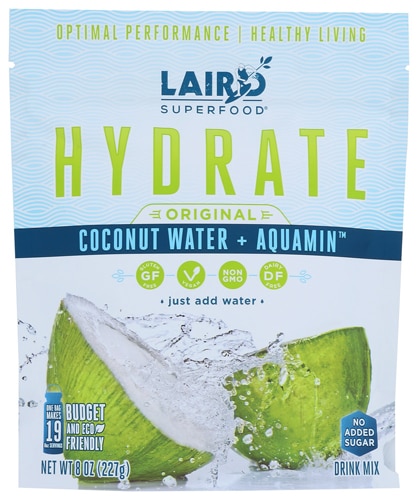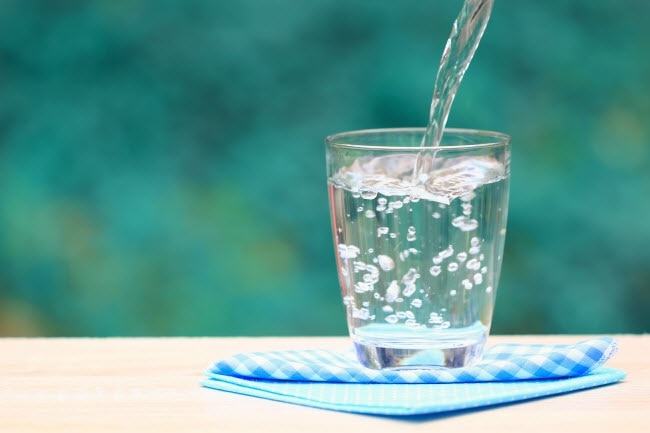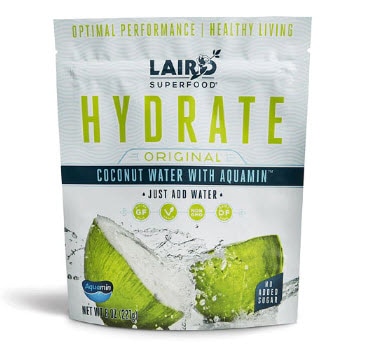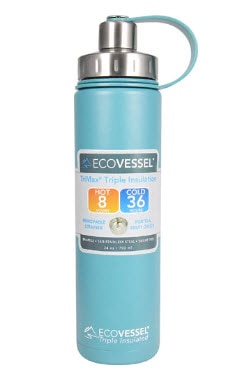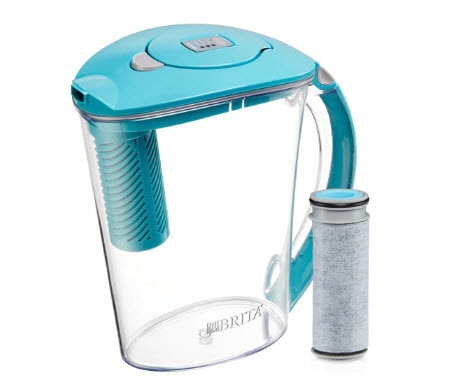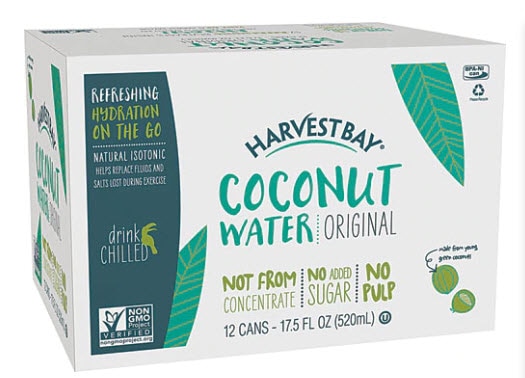Finally, summer is here, bringing with it scorching heat and lots of sunshine. Whether you’re planning to lounge by the pool, hit the beach, hike your favorite trail or jet off on a vacation, hydration is going to be key to feeling your best. No matter what activities you’re enjoying, it’s important to stay mindful and check in with yourself on your hydration status. Dehydration can sneak up easily in the summer heat!
What is dehydration?
Water is a fundamental element that allows our bodies to work at peak function. Did you know that up to 60 percent of an adult’s body weight is water? Most of it is found inside cells, in what’s known as the intracellular space. The rest is found in our blood vessels (called the intravascular space) and spaces between cells-(the interstitial space).
Water plays many roles in the body, including regulating body temperature, forming saliva, lubricating joints and transporting carbohydrates and proteins through the bloodstream.
Drinking enough water is crucial because if we do not, dehydration can set in. Dehydration typically happens when the amount of water leaving the body is greater than the amount taken in. Our bodies eliminate water daily through sweat (which cools the body), water vapor (as we exhale with each breath) and waste (flushed from our bowels).
The body may lose fluids more rapidly than normal if experiencing illness such as a high fever, diarrhea or vomiting. When dehydration appears it commonly means that the body is beginning to decline in its ability to work normally, which leads to signs/symptoms related to the fluid loss.
Signs and symptoms of dehydration
The signs and symptoms of dehydration can range from mild to severe. For adults, allowing thirst to be a guide is an appropriate measure for most healthy individuals.
Intake of more fluids is recommended if you're experiencing these issues:
- Dry or sticky mouth
- Headache
- Lightheadedness
- Dry, cool skin
- Decreased urine output
How to prevent dehydration
To avoid dehydration, drink plenty of fluids, especially if you live in a hot and humid climate. Daily fluid intake recommendations vary by age, gender and pregnancy or breastfeeding status. (Watch for signs of hydration in kids, especially if they're spending time outdoors.) Generally, adult women should drink three liters, about 12 cups, daily. Adult men should drink four liters, about 16 cups, daily.
Keep in mind that we get approximately 20 percent of our daily fluid intakes from the foods we eat. Always aim to set realistic goals when looking to increase overall fluid intakes.
Tips for staying hydrated:
- Use an app to track your cups of water
- Carry around your water bottle and add ice for a refreshing beverage
- Eat water-rich foods such as cucumbers, watermelon or zucchini
- Make your own freezer pops out of blended fruit
- Add fruit to your beverage of choice to increase the water content
- Don’t skip meals, fluids are found in many foods we eat
- When planning outdoor activities, schedule them during the cooler part of the day
Following these tips will not only help you stay hydrated, but it will make you feel better. Now go grab a cup of ice-cold water and have some fun in the sun.
Drinking up is easy with these helpful products!



